San Jose, California, April 2, 2018 – Citizens for Free Speech and Equal Justice, LLC has constructed billboards at the interchange of Highway 101 and I-880, in part to alert citizens to the massive reorganization of Bay Area life and economic and political structures. The organizations responsible for this transformation include various agencies and Non-Governmental Organizations (NGOs) led by the Association of Bay Area Governments or ABAG. It is funded by the Metropolitan Transportation Commission (MTC).
On March 27, 2018, the property owner received a notice from the City of San Jose alleging receipt of a complaint regarding the coming installation of a digital display billboard.
Within days, Citizens for Free Speech and Equal Justice completed the construction of one pole and two signs and filed a Complaint for Civil Rights Violation, Injunction and Declaratory Relief in Superior Court. The Code Enforcement division of San Jose sent a “Warning Notice” on April 17, 2018 requiring removal of the electronic sign. Litigation in Federal Court is scheduled to begin shortly, with a hearing scheduled for September 18, 2019.
Currently 3 two-sided poles and 2 signs are up at Highway 101 and I-880, and 4 more signs will be added. Citizens for Free Speech and Equal Justice intends to build 2 more poles and 4 more signs at Highway 101, south of I-880 on the west side. All together, there will be 5 poles and 10 signs in two locations.
More information on these Billboards to come!
Relevant Legal News regarding Free Speech
I. Commercial Speech Now Subject to Strict Scrutiny Review: NIFLA v. Becerra and Billboards
by Michael Shaw
An article was published in Forbes magazine on July 5, 2018 that examined the late June 2018 U.S. Supreme Court ruling in NIFLA v. Becerra [585 U.S. _ (2018)]. The decision gives an incredible bounce to the recognition of the rights of billboard operators. The Forbes article by Cory Andrews, an attorney with the Washington Legal Foundation, is entitled “The Dog That Didn’t Bark in the Night: SCOTUS’s NIFLA v. Becerra and the Future of Commercial Speech.” Perhaps some real clarity has been inserted into this area of free speech law.
Under the strict scrutiny standard nearly all speech is protected from government interference. NIFLA, a pro-life organization was compelled to speak about abortion availability, the very action the organization opposed and for which it offered alternatives. Under the standard of strict scrutiny, the government is rarely able to foreclose or compel speech.
NIFLA, with pregnancy centers throughout the state, was required under California law to post at each counseling center the nearest government supported free abortion clinic. This posting was required to be in obvious view of every patient. The Supreme Court knocked down the law. The Court held that if content of speech is reviewed by government, the reviewer is subject to the high legal standard of ‘strict scrutiny’ in order to satisfy the first amendment requirement that individual speech be protected. Accordingly, the California law was struck down.
For decades, the Court has held a much lower standard of review, “intermediate scrutiny” which government agencies used to bar commercial speech from certain forums like billboards. Andrews sees Thomas’s majority (5-4) opinion as the “dog that didn’t bark.” His assessment is that this case sets a comprehensive order requiring strict scrutiny in essentially any government control over speech. Why Andrews describes the case as the dog that didn’t bark is because the Court did not directly overturn the intermediate scrutiny theory. (See below on a very recent ninth circuit case that reinforces the idea that content of speech regulation is subject to strict scrutiny standards.)
An Amicus Brief filed by the National League of Cities in the NIFLA case stated the following: “Changing course now would upend not only existing Supreme Court precedent but the holdings of numerous lower courts around the country. It would also require local governments around the country to rewrite many of their ordinances that have relied on decades-old Supreme Court precedent.”
Clearly recent Supreme Court rulings, including NIFLA will be beneficial in the determination of Citizens’ speech rights being exercised at I-580 in Castro Valley and in San Jose on Highway 101 and I-880. While the country continues down a path that is limiting citizen rights, free speech law is rising.
II. Ninth Circuit Court of Appeals Court applies Strict Scrutiny Standard to content based speech (August 2018)
In Askins v. USDHS [No. 16-55719 (9th Cir. 2018)] two individuals had border entrance photos confiscated by border police. The appellate court found that the “government had the burden of demonstrating that its restrictions on speech were the least restrictive means necessary to serve a compelling government interest.” In the view of the Court, the Trial Court did not make a satisfactory analysis of this core requirement protecting free speech. So, in protection of the Plaintiff’s right to speak, through photos, the Court determined that the Plaintiff’s rights were violated when the lower court dismissed the case without a hearing or a finding which would support the government’s observance of a strict scrutiny standard when applying its regulations regarding pictures. “When the government restricts speech, the Government bears the burden of proving the constitutionality of its actions.” The Court proceeds to say: “It is rare that a regulation restricting speech because of its content will ever be permissible.”
Pictures of Highway 101 / I-880 Billboards
Click on any image below to see the full-size.
Media/Press Coverage of Billboards:
(Some of the information provided in The Mercury News article and KPIX broadcast report are not accurate.)
- The Mercury News
- The Mercury News – Letters to the Editor
- CBS SF Bay Area – San Jose (KPIX5)
- The Blaze
- Reddit.com
- CaliforniaNewz.com
- OnTheNewsNow.com
- American News
- TexAgs Political Forum
- Bay Area News (YouTube video)
- KPIX CBS SF Bay Area (YouTube video)
Read the Billboard Court/Legal Documents here:
- Plaintiffs’ Complaint Against the City of San Jose – filed 3/28/2018
- Warning Notice from City of San Jose – dated 4/17/2018
- Defendant’s Answer and Counterclaim – filed 5/3/2018
- Plaintiffs’ Answer to Counterclaim – 6/11/2018
- Motion for Partial Summary Judgment – filed 5/31/2019
- Joint Statement of Undisputed Facts – filed 5/31/2019
- City of San Jose’s Motion for Summary Judgment – filed 7/1/2019
- Plaintiffs’ Reply – filed 8/2/2019
- Supplement to Joint Statement of Undisputed Facts – filed 8/2/2019
- Second Amended Complaint – filed 8/6/2019
- City of San Jose’s Answer and Counterclaim – filed 8/7/2019
- City of San Jose’s Reply – filed 8/23/2019
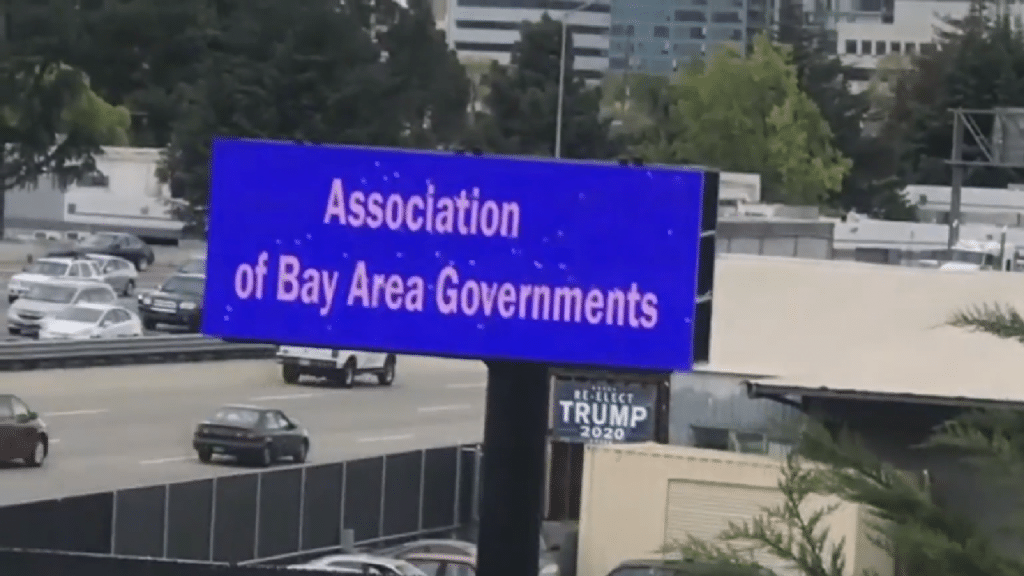
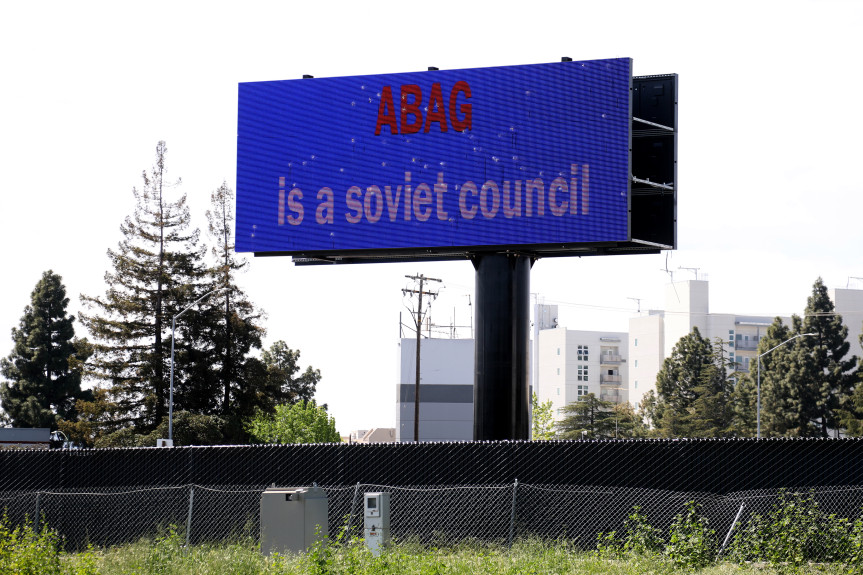
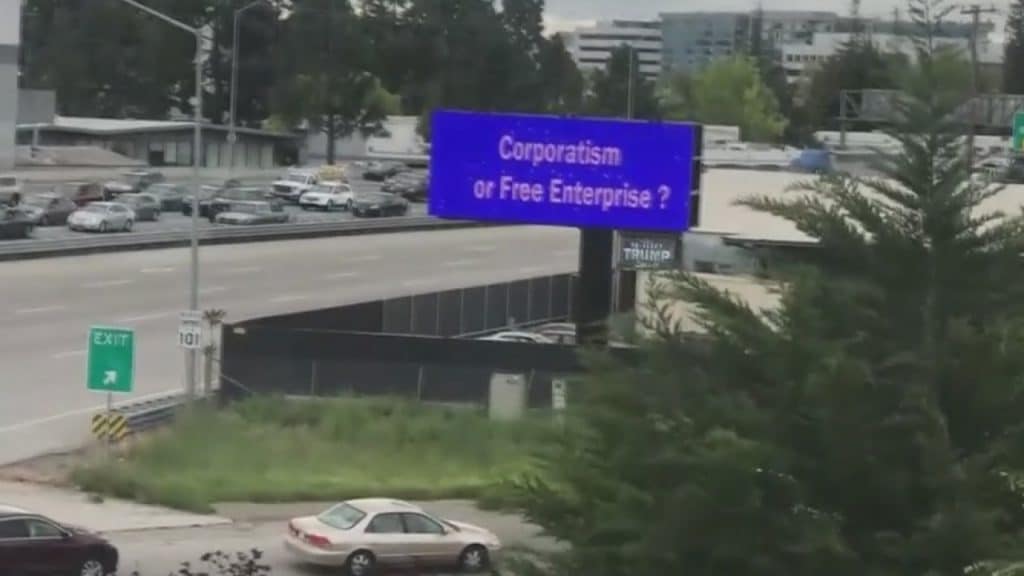
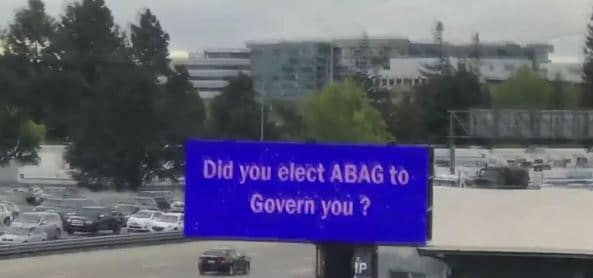

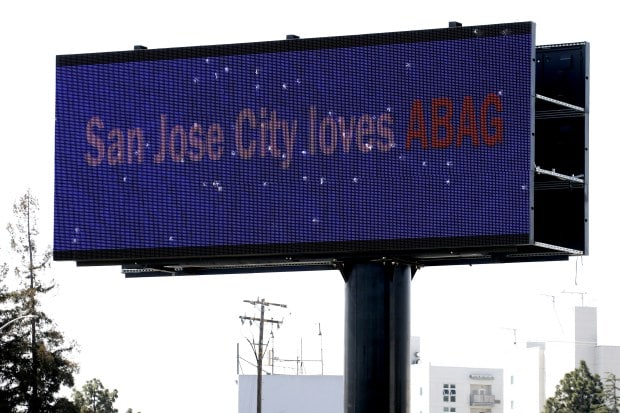

Comments are closed.